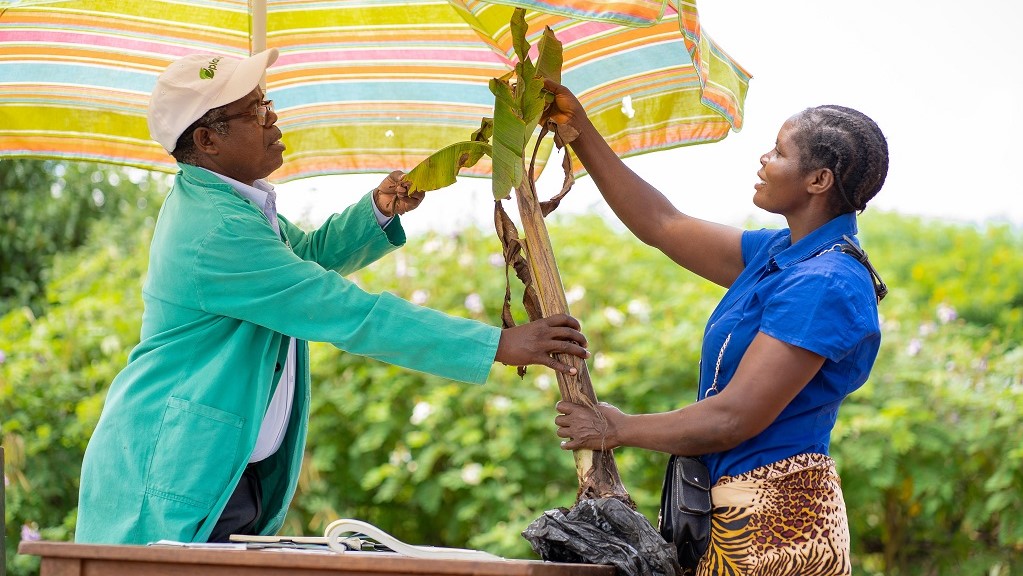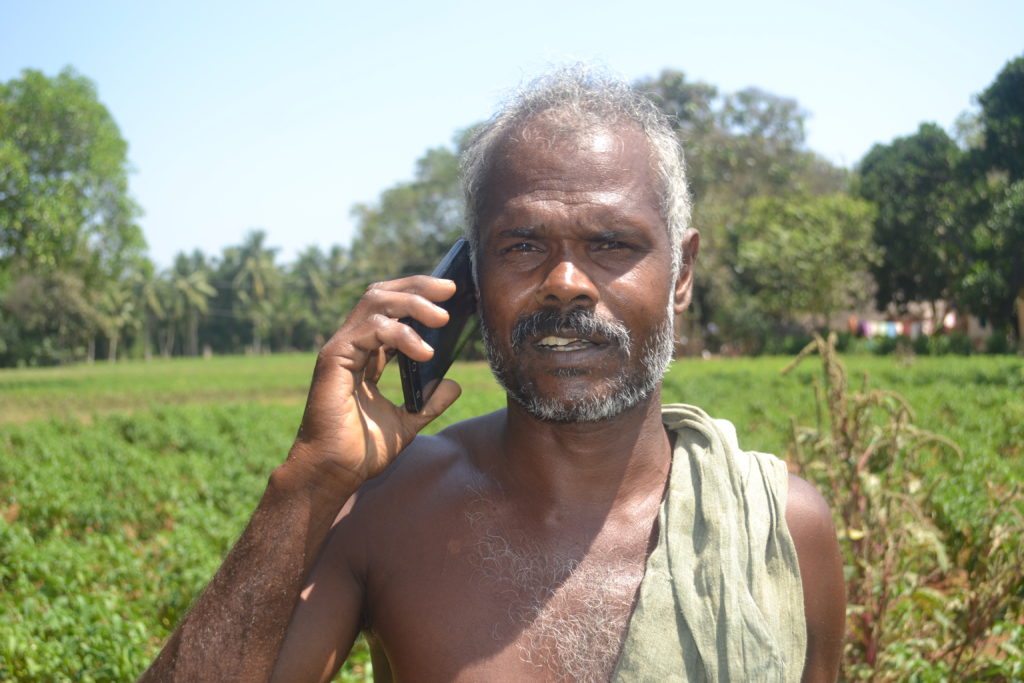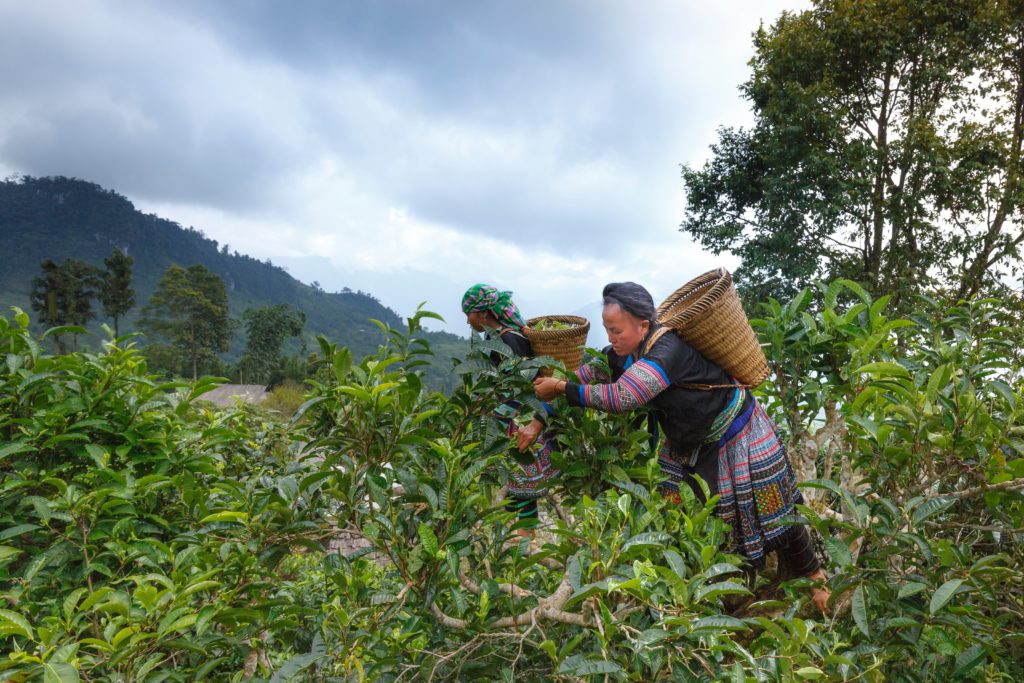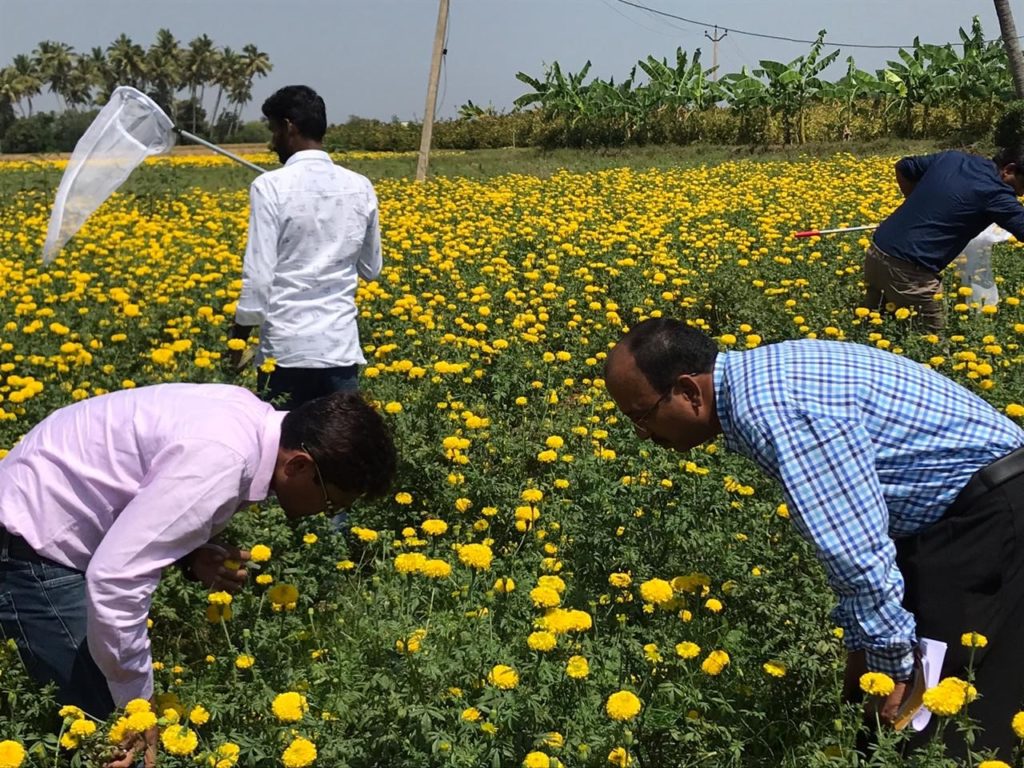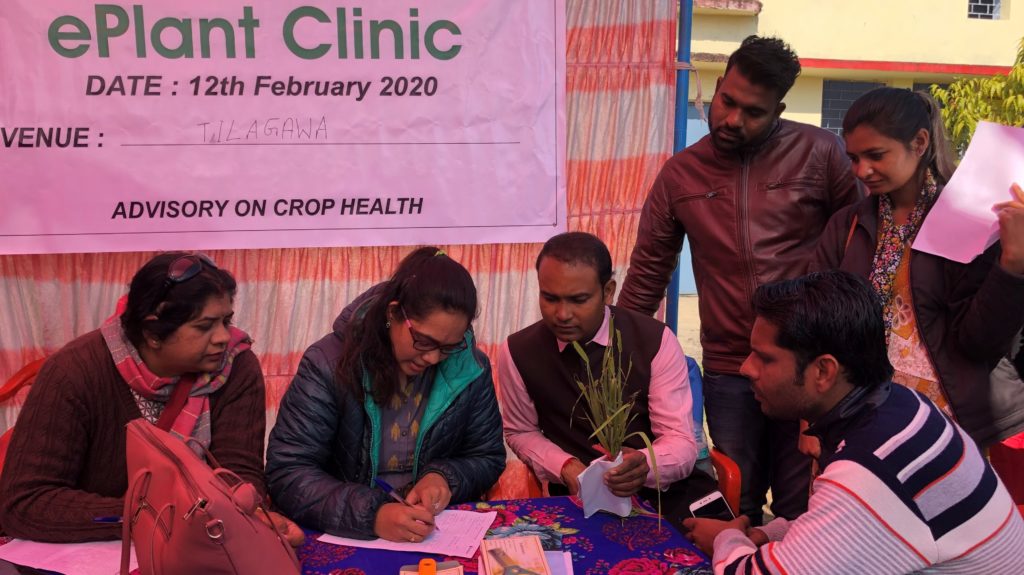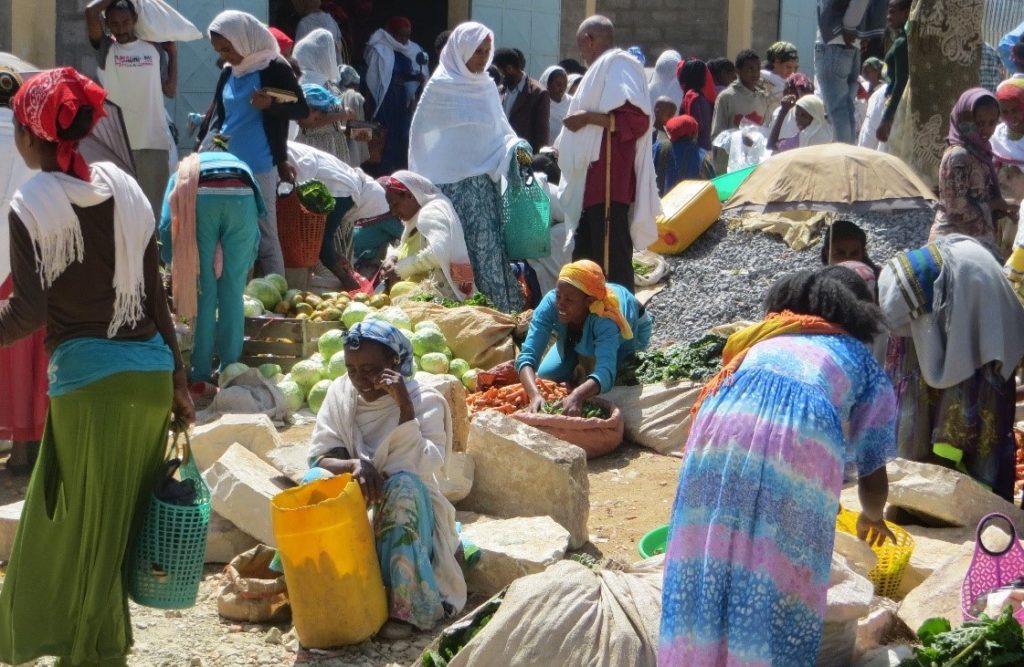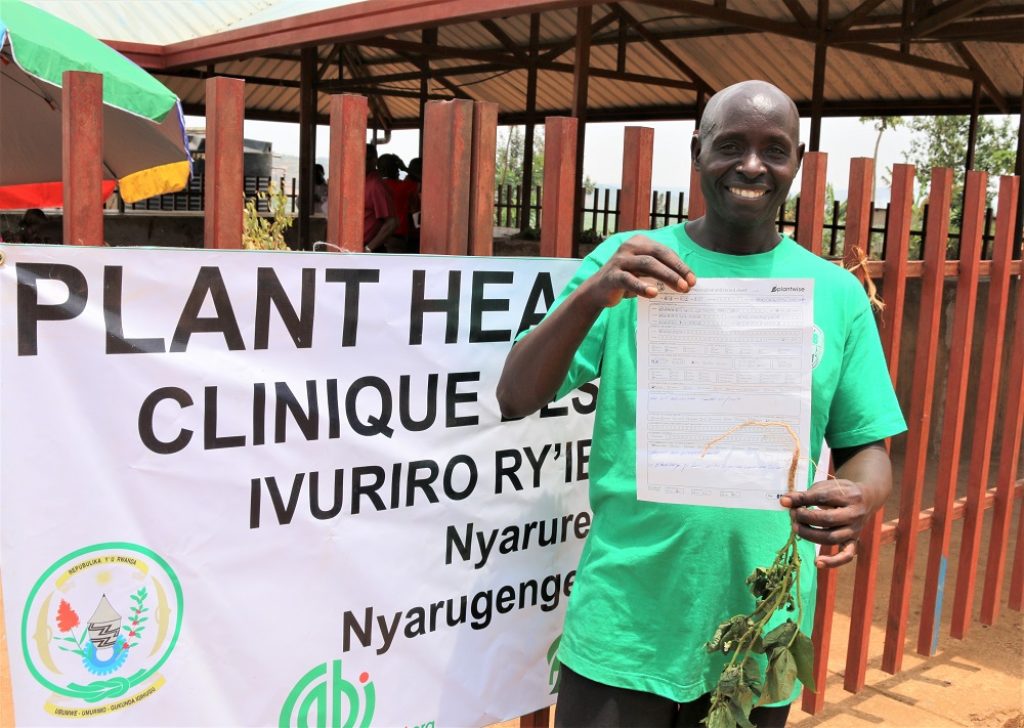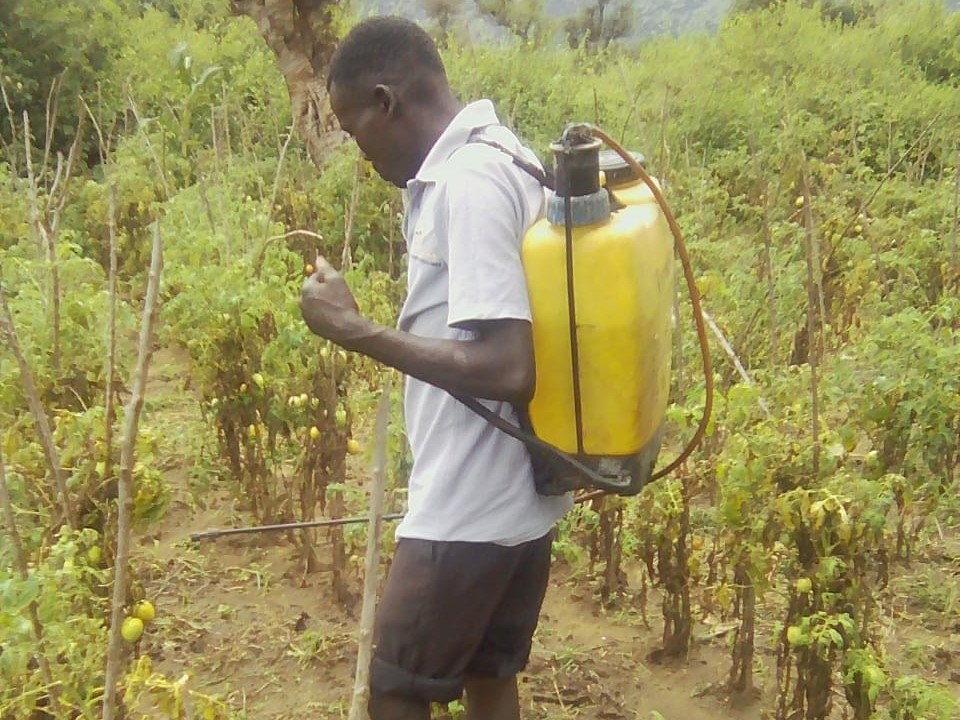More women are getting access to plant health advice through Plantwise and they grow the same crops as men
It is widely known that women have less access than men to agricultural extension services. Extension agents most often speak to household heads who tend to be men, as well as other male farmers. Plus, the extension agents themselves also tend to be men. Women often work longer hours than men too (12-17 hours per…
Developing ‘last mile’ extension services with Plantwise in Nepal
In Nepal, the Community Business Facilitator (CBF) plant doctor programme is a successful pilot. Linking with the private sector, it reaches those in remote rural areas – or ‘last mile’ communities – with plant protection services, substantially increasing incomes and reducing losses for smallholder farmers. The CBF plant doctors conduct clinics at their own cost…
Nuru AI expansion: Supporting farmers to diagnose crop diseases
An extension grant has been awarded to the PlantVillage Nuru project, developing an artificial-intelligence-based solution for the identification and diagnosis of crop diseases targeting smallholder farmers. Under the Inspire Challenge programme, the international research consortium CGIAR has awarded the project a $250,000 grant to scale-up and expand its activities to a global level. Until now…
New plant doctors in India “monitor the field through a farmer’s eyes”
Launching of Plantwise training in the state of Madhya Pradesh, India. With the support of the State Government of Madhya Pradesh, under an RKVY scheme, a 6-day training programme on Plantwise modules was conducted at the Borlaug Institute for South Asia (BISA), Jabalpur, in technical collaboration with CABI.

